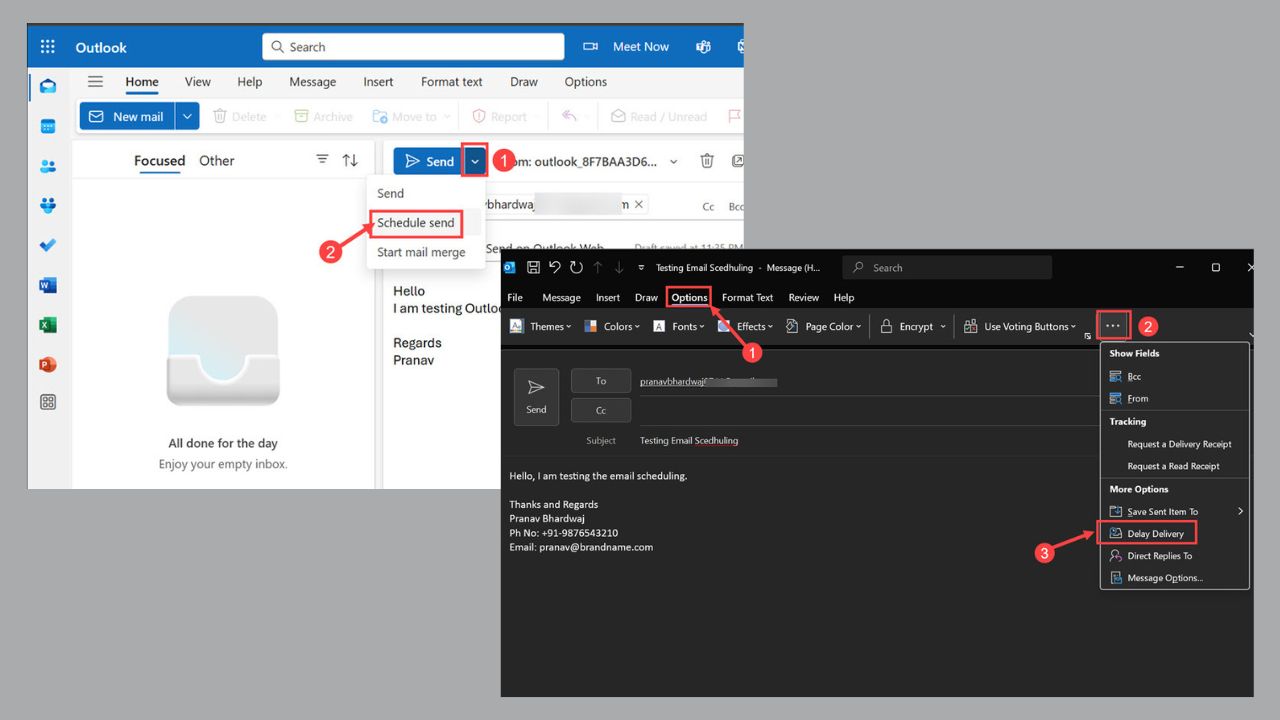A survey for Google's News bias revealed bias—for accurate reporting
2 min. read
Published on
Read our disclosure page to find out how can you help MSPoweruser sustain the editorial team Read more


Google has been accused of being biased towards left-leaning sources when it comes to news for decades now, a new survey carried out by the Economist shows that this isn’t entirely true. The year-long survey was carried out with a program that could search for 31 terms a day. It was run on a browser with no search history, and was carried out in a politically centrist location. The Economist built a model that would predict the share of links from left and right-leaning sources, according to their audience size and accuracy as checked with multiple fact-checking websites and other indicators of reliability and credibility.
According to the Economist:
If Google favoured liberals, left-wing sites would appear more often than our model predicted, and right-wing ones less. We saw no such trend. Overall, centre-left sites like the New York Times got the most links—but only about as many as our model suggested. Fox News beat its modest expectations. Because most far-right outlets had bad trust scores, they got few search results. But so did Daily Kos, a far-left site.
Google News may not be a perfect source of news, but it is one that provides readers with news across a variety of sources generally deemed reputable. This does not vary depending on the political spectrum.
Google is also — like many other algorithms — prone to trafficking in clickbait and viral stories. If many people click on it, Google will serve it up to more users, and vice versa.
The Economist concludes:
This implies that Google’s main form of favouritism is to boost viral articles. The most incendiary stories about Mr Trump come from leftist sources. Gory crime coverage is more prevalent on right-leaning sites. Readers will keep clicking on both
While no such study has been done for Microsoft’s News service, it would likely serve up similar results from my anecdotal observations.
Source: The Economist. via Gizmodo









User forum
0 messages